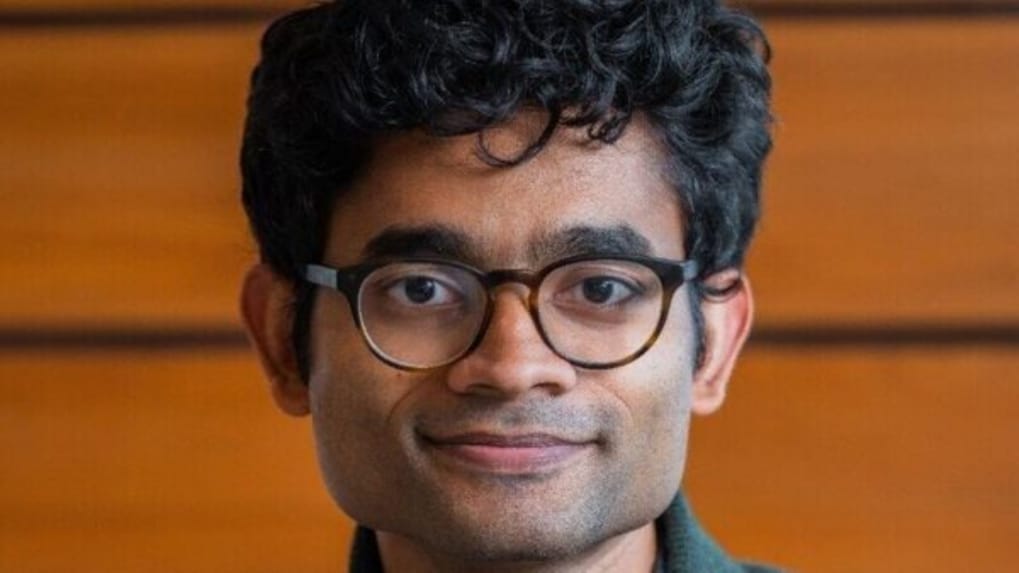Indian-origin CEO criticised for exit after $3 Billion AI deal collapses
Cognition CEO Scott Wu also criticised Mohan’s decision, calling it a violation of the “unspoken covenant” that founders owe to their team during critical periods.
ADVERTISEMENT
The Indian-origin CEO of AI startup Windsurf, Varun Mohan is facing mounting criticism following his abrupt resignation from the company to join Google DeepMind — just days after a $3 billion acquisition deal with OpenAI fell through.
Mohan, along with co-founder Douglas Chen, reportedly left the startup without notice, plunging Windsurf into disarray and forcing a frantic weekend of negotiations to secure a last-minute acquisition by rival AI firm Cognition. New Windsurf CEO Jeff Wang described the last-minute rescue as “crazy.”
So true. Windsurf and others are really bad examples of founders leaving their teams behind and not even sharing the proceeds with their team. I definitely would not work with their founders next time. https://t.co/SBjxB4Pqgs
— Vinod Khosla (@vkhosla) July 19, 2025
The fallout has prompted strong condemnation from across the tech community. Prominent venture capitalist Vinod Khosla slammed the founders' actions, stating on X: “Windsurf and others are really bad examples of founders leaving their teams behind and not even sharing the proceeds. I won’t work with them again.”
Cognition CEO Scott Wu also criticised Mohan’s decision, calling it a violation of the “unspoken covenant” that founders owe to their team during critical periods.
On social media, reactions have been equally harsh, with some users branding Mohan a “generational villain.” One post read: “Founders cashing out while the team’s left behind isn’t just bad form—it’s long-term reputation damage.”
Another user drew parallels to other high-profile startup exits, writing: “Same with Scale AI, same with Windsurf. The ones who stay are always left holding the bag.”
While neither Mohan nor Chen have publicly commented, the controversy underscores growing concerns over leadership accountability and ethics in the high-stakes world of AI startups—especially as multi-billion-dollar deals hang in the balance.
Read More: Renault appoints Stephane Deblaise as CEO for India


